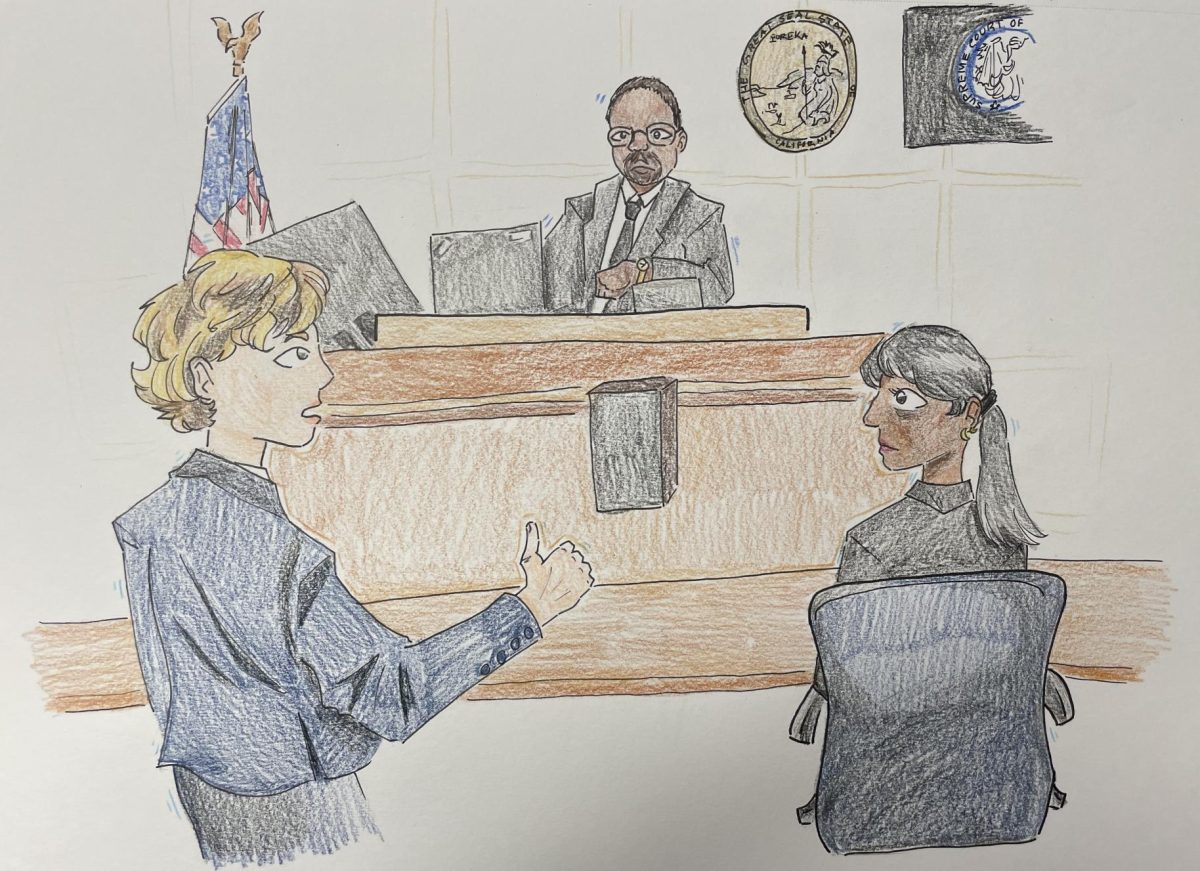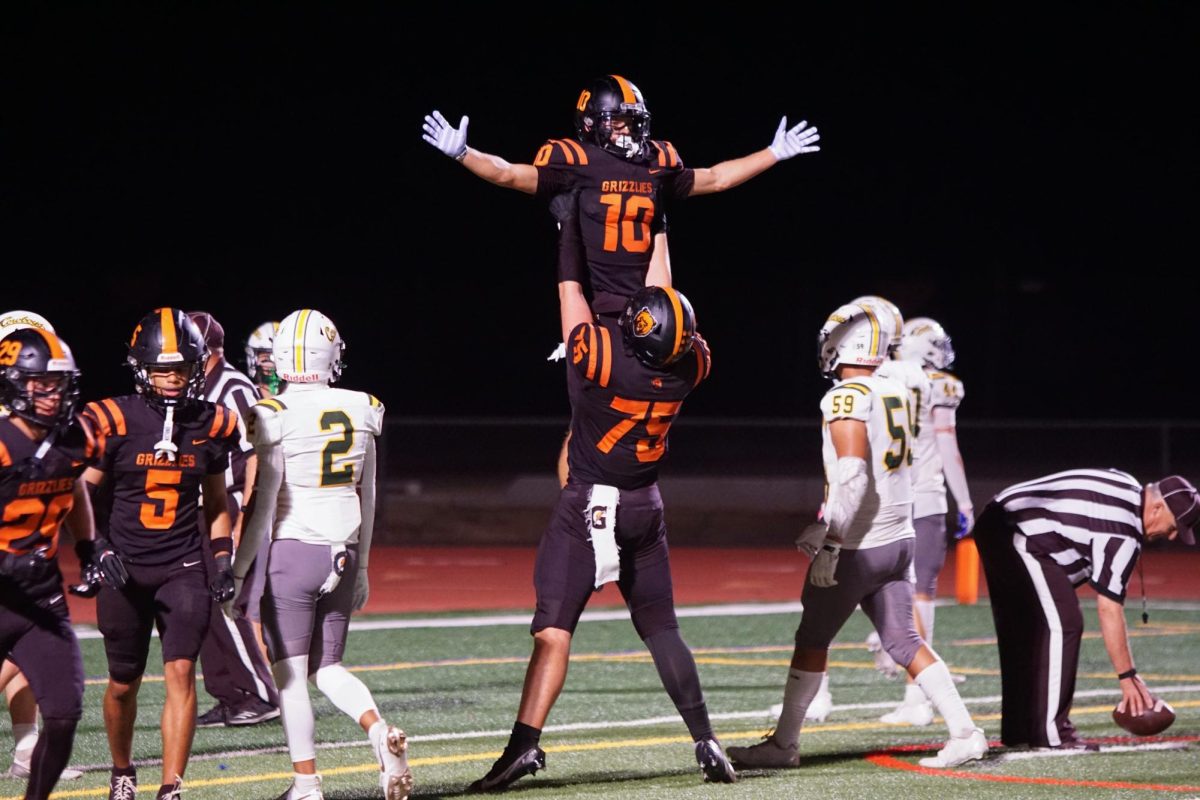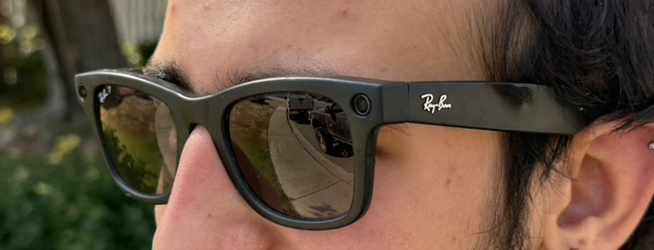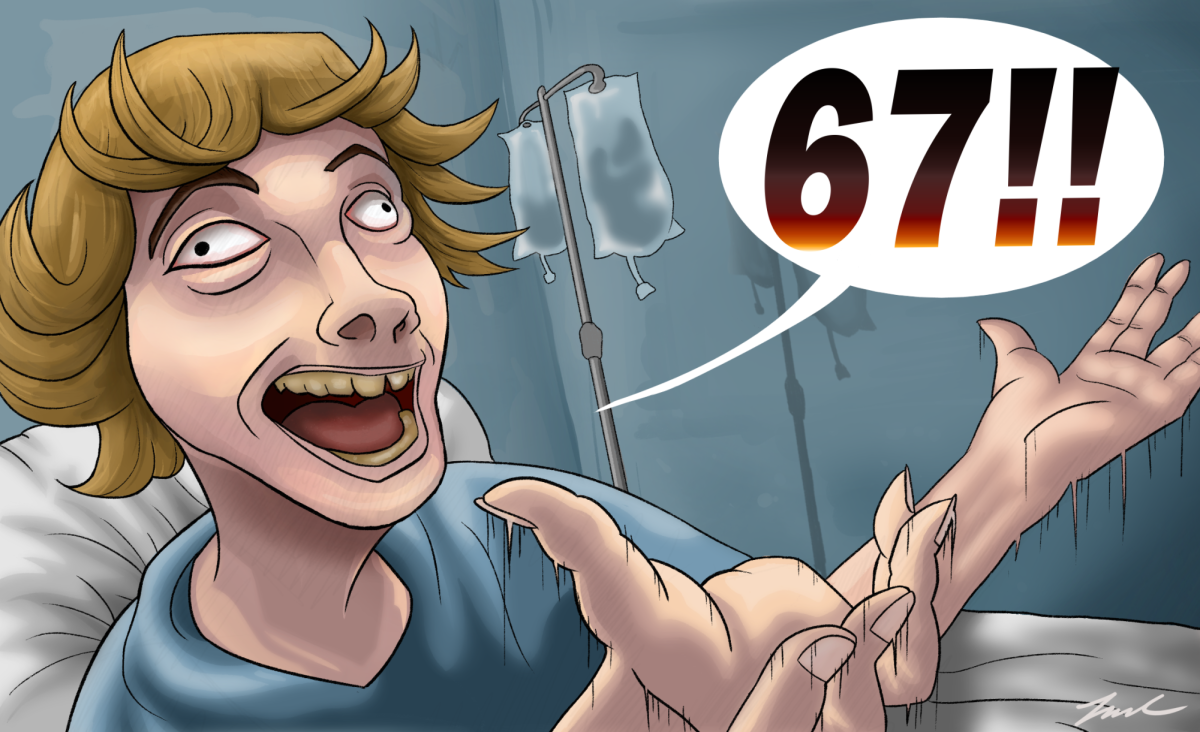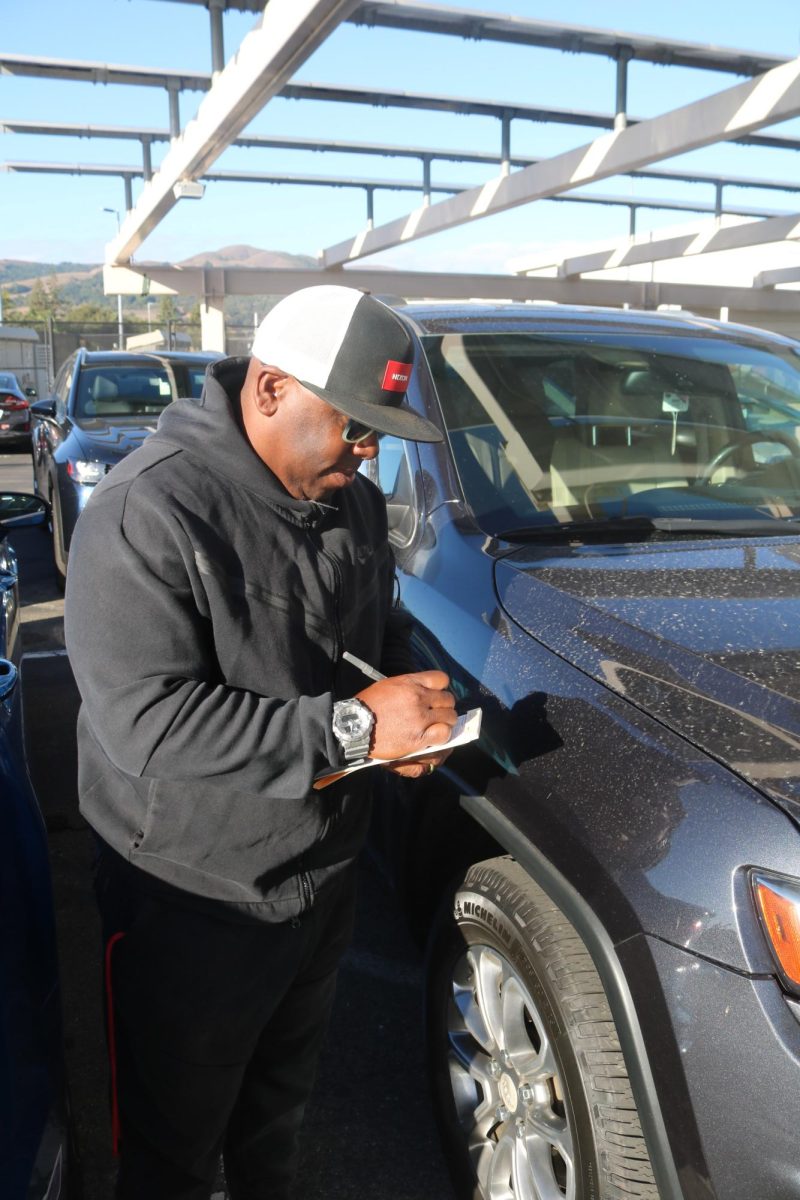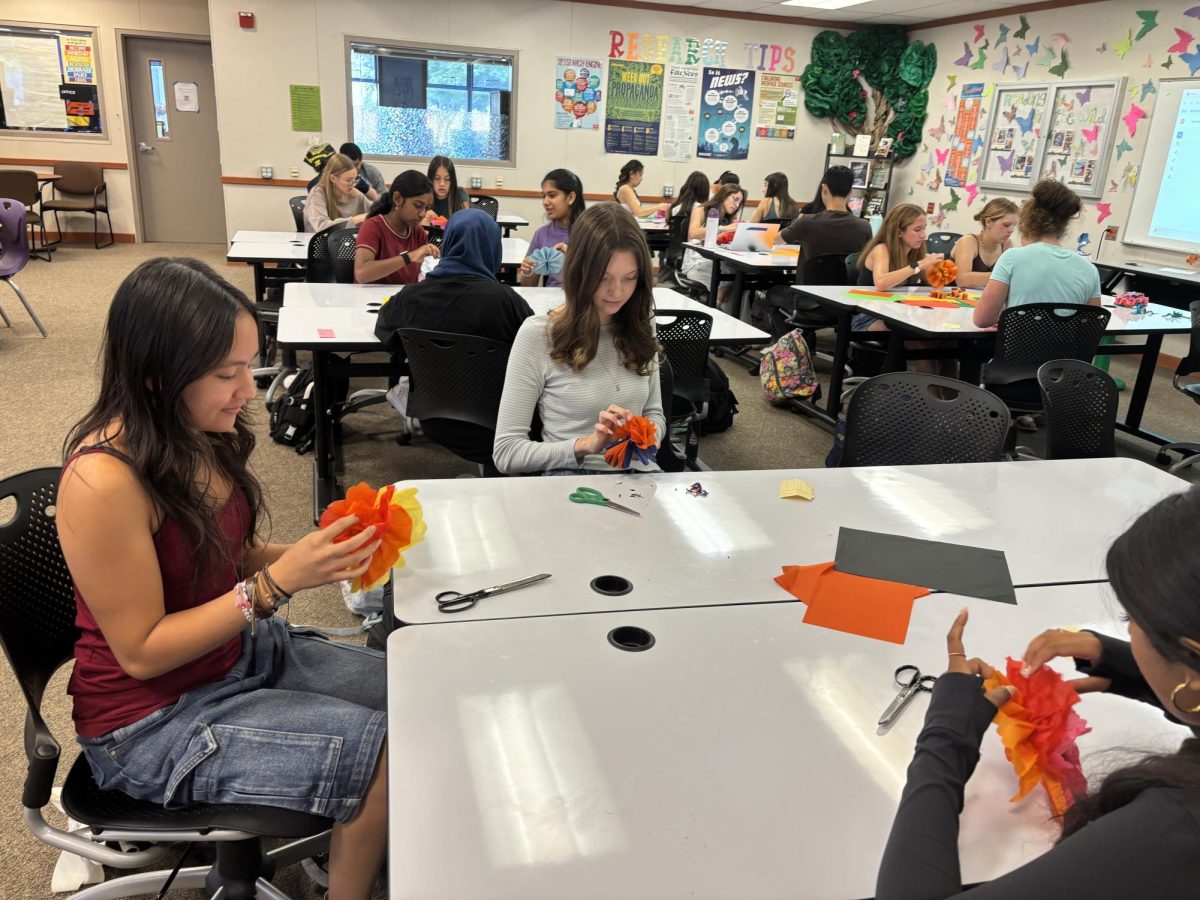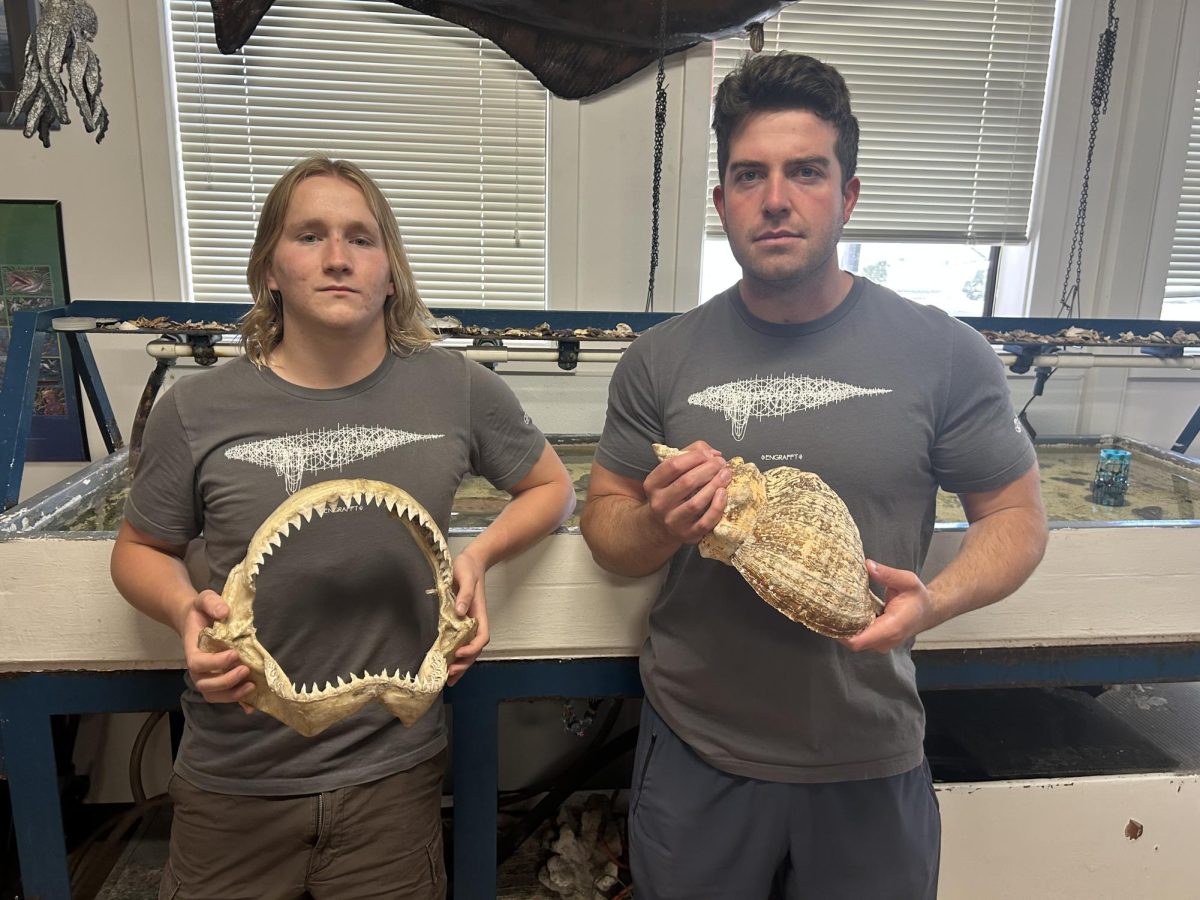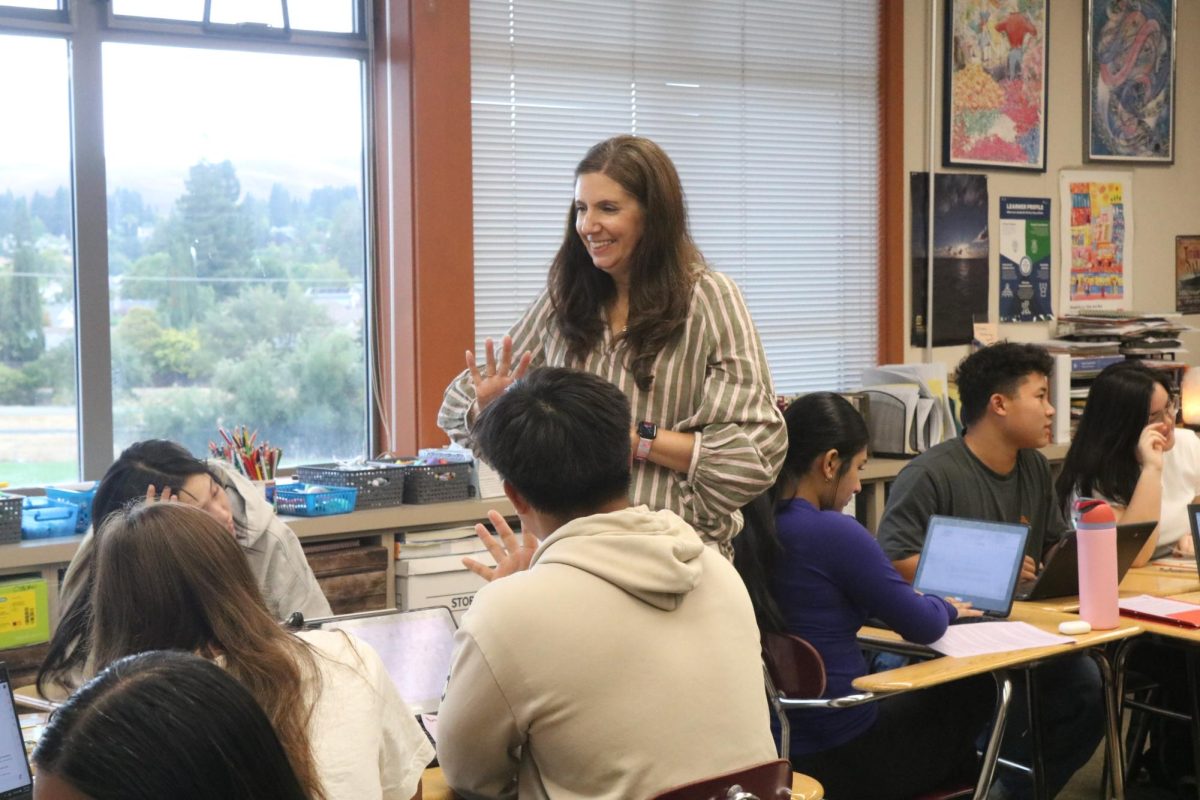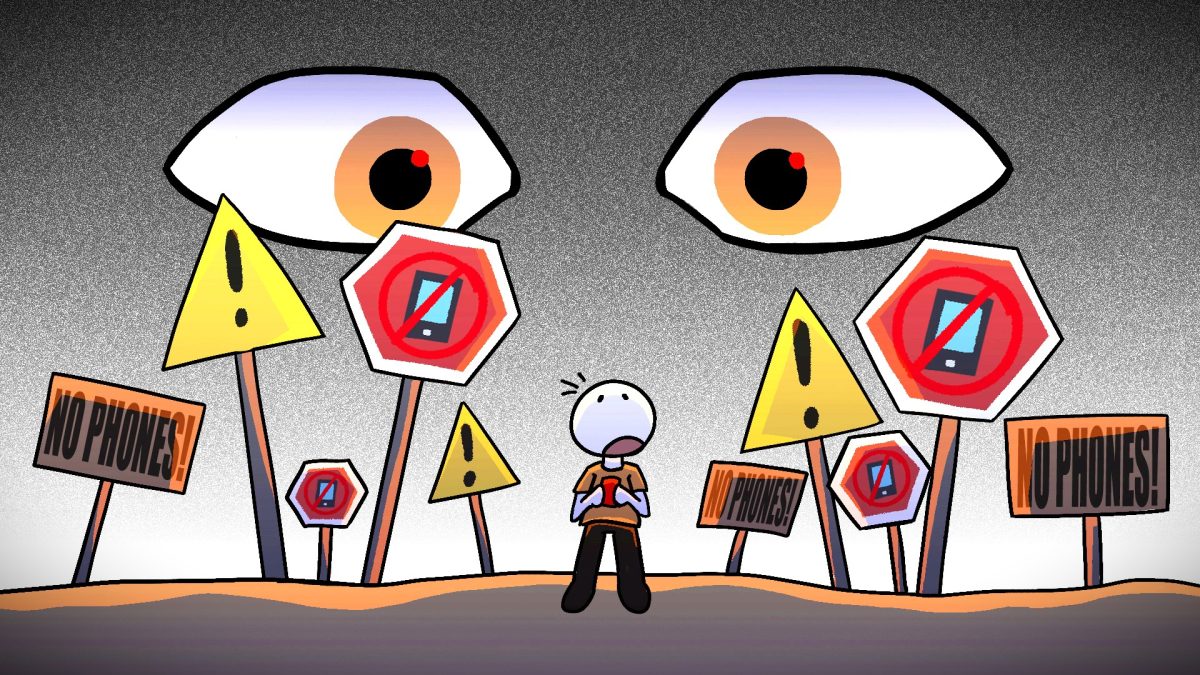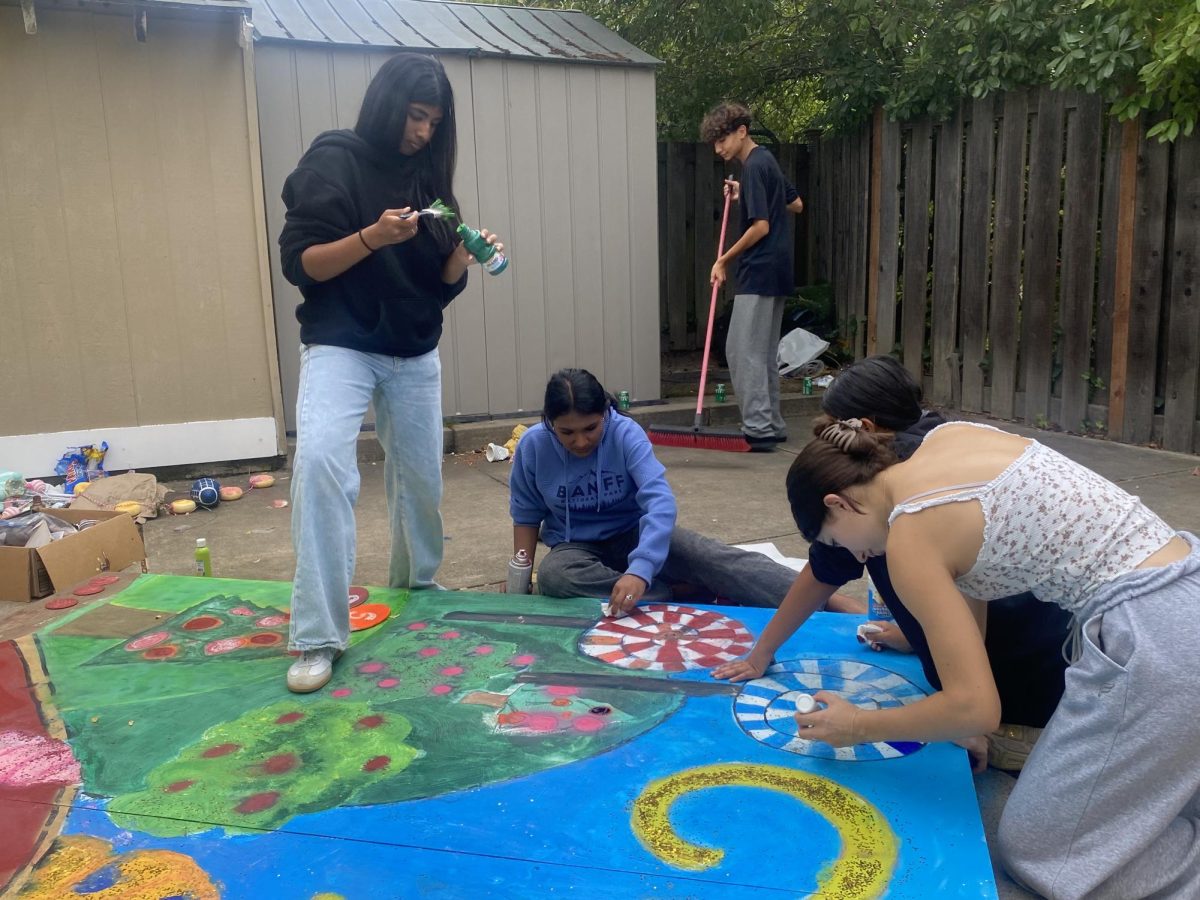In this year’s mock trial competition, Cal High’s prosecution team argued that the easiest way to win a competition is to eliminate the opponent.
Cal’s mock trial team almost learned this the hard way when a member of the Acalanes High School team attempted to frame Cal students for cheating in hopes of disqualifying the defending champions from this year’s Contra Costa County championship trial.
The Acalanes student submitted emails accompanied by screenshots of fabricated Instagram conversations to competition officials as proof that Cal had scouted the Acalanes team, which is a major violation of competition rules.
Had the allegations been true, Cal could have not only been disqualified from this year’s competition but also expelled from the statewide mock trial program moving forward.
Instead, an investigation conducted by Acalanes administrators and mock trial coaches found the allegations against Cal were baseless and that a member of the Acalanes team had fabricated the “evidence” so their team could compete in the county finals.
“I was mostly shocked because it was pretty serious allegations and something that I didn’t think our team would do,” said senior Billy Piggott, who is one of the team’s captains and pretrial attorneys. “The whole time in my head I was like, ‘We didn’t do this’.”
Cal went on to win the county title for the eighth consecutive year and then wrapped its season at the California State Finals in Los Angeles, where the team went 3-1 for the second straight year and placed 11th out of 34 schools during the three-day competition March 14-16.
Cal won its first three trials against Clovis West (Fresno County), Gregori (Stanislaus County) and Centennial (Kern County) high schools to put itself in a position to reach the state championship trial for the first time in school history.
Cal faced Hillsdale in its final trial and lost to the San Mateo County champions, who reached the championship trial before losing to defending state champion Trinity Pacific.
But on Feb. 18, it looked like none of this was going to be possible for Cal’s team.
On the day of the championship trial, mock trial coach Brian Barr, who also serves as adviser for The Californian, received an email from county competition organizer Marcus Walton, who indicated that he was sent six emails the night of Feb. 17 from students claiming to be from Acalanes accusing Cal scouted their team before their semifinal trial.
The allegations accused Cal students illegally requesting information about Acalanes’ mock trial team before their semifinal trial on Feb. 13.
In the emails, Cal was accused of contacting students from Miramonte and Campolindo high school’s mock trial teams for advice about how to defeat Acalanes. The email was accompanied by two screenshots that showed two different Instagram conversations allegedly between a Cal team member and students at the other schools.
Barr said he immediately informed the team’s attorney coaches, Larry Lowe and Kenneth Mifsud, about these allegations. All of the coaches were worried about how these allegations might affect the championship trial that night.
“My initial reaction was, ‘I hope this didn’t happen and we got to get to the bottom of this’,” Mifsud said. “Maybe this was just poor judgment, [but] why would you risk it?”
There were several unusual aspects about the screenshots that immediately caught the coaches’ attention. For one, both messages that were supposedly from students at different schools included the exact same wording in their scouting report of Acalanes. Both messages indicated that Acalanes, “made a lot of objections and tricky specific ones” and “did not call any rule violations which is weird and unlike them”.
“Presumably the [Campolindo] student and the Miramonte student were not in cahoots, yet their responses contained language that was word for word identical,” Lowe said.
In addition, both conversations had timestamps within four minutes of each other and the screenshots were captured from the sender’s point of view. This meant that the person who sent the messages to county organizers would have been Cal students reporting themselves.
The two Instagram profiles of the alleged Miramonte and Campolindo students involved in the communications were scratched out in the screenshots, but small parts of the profile pictures were still visible.
“I started to analyze it and I was thinking, ‘Why would you be so stupid as to not completely cross out the profile picture?’” Mifsud said.
The championship trial between Cal and Miramonte, both of which faced the threat of disqualification for their alleged roles in scouting Acalanes, was allowed to proceed as scheduled after Acalanes coach Joseph Schottland told Walton that he didn’t recognize the senders of any of the emails received by organizers.
The day after the final trial, Barr addressed the incident with his team during class. After seeing the alleged evidence in the screenshots, many students started to investigate.
Within 10 minutes, junior Annalise Wedewer, who is a prosecution witness, had matched one of the scratched out profile photos in a screenshot to a student following the Acalanes mock trial team Instagram page.
When Barr looked at Acalanes’ roster from their semifinal trial, he saw a student by the same name on their team.
“It was really embarrassing because if [they] had blurred out the full profile, this wouldn’t have been a problem,” Wedewer said. “I’m a teenage girl and teenage girls know how to find people on Instagram.”
The second profile was tied to an account the Acalanes student was greatly involved with. Junior Thaleia Karavela, the team’s lead defense attorney, reached out to a friend who discovered that the second account was a copy of an official organization’s Instagram page that the student was familiar with.
“[My friend] did a reverse video search and she was able to connect the videos that were on the [second] account to another account,” Karavela said. “It was just an indication to us that the [second] account was kind of like a burner account.”
Barr sent these findings to Schottland and Walton.
Teach Democracy, the organization that runs the statewide mock trial competition, was informed about the incident because it could have impacted which school represented the county at the state finals, said Lourdes Morales, Teach Democracy’s senior program director. Morales said her organization was not involved in the investigation because it was handled at the county level.
“Our office assisted by checking to see if any IP addresses were available on the email and by forwarding the emails received,” Walton said.
After Schottland received the findings from Cal’s investigation, he informed his co-coaches and Acalanes Principal Eric Swan.
The school then initiated an investigation by speaking to several students, Schottland said. They also provided the Acalanes school district’s technical team with the IP information sent by the county.
With those findings, Schottland was able to narrow down the possible people involved.
“Ninety seven to 98% of the team was not involved with this,” Schottland said. “In fact, I think very few of the team was even aware that there was an investigation going on.”
While the specific consequences are confidential due to privacy policies, the Acalanes student responsible fabricating accusations against Cal was identified and held accountable in accordance with school guidelines, according to a letter Swan sent to Barr and Walton.
Overall, most students on Cal’s team believe this scheme to frame them for scouting was carried out pretty poorly.
“Just the audacity to pull this on mock trial students is crazy because nobody knows how to argue a case like mock trial students,” Wedewer said.
Some students also noted that the incident closely mirrored this year’s case in which most defense teams argued that a candidate in a city council race tried to fake their own kidnapping to frame their opponent’s spouse and improve their chances of winning an election.
The similarities didn’t go unnoticed by Cal students. In both the case and real life, it seems the pressure of a competition may have driven someone to go to unexpected lengths.
“It’s life imitating art I guess,” Piggott said.

